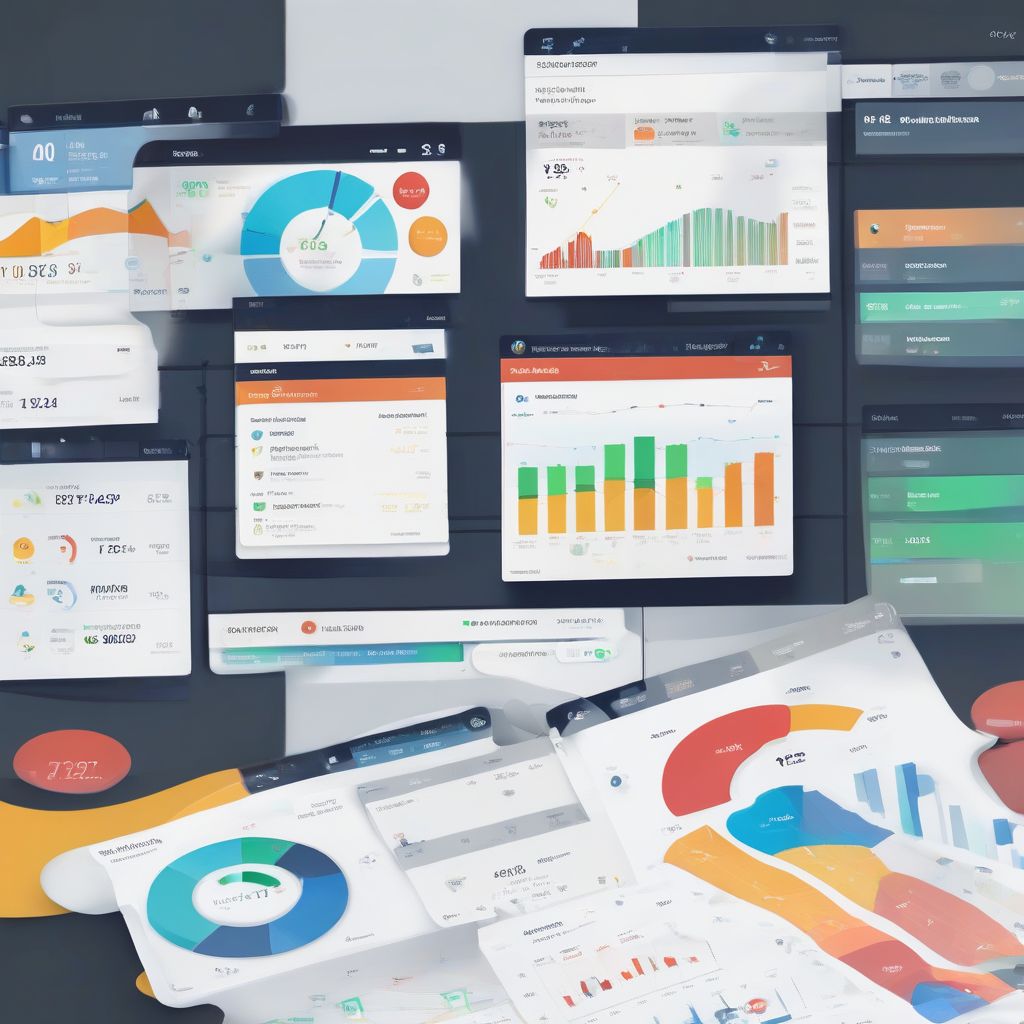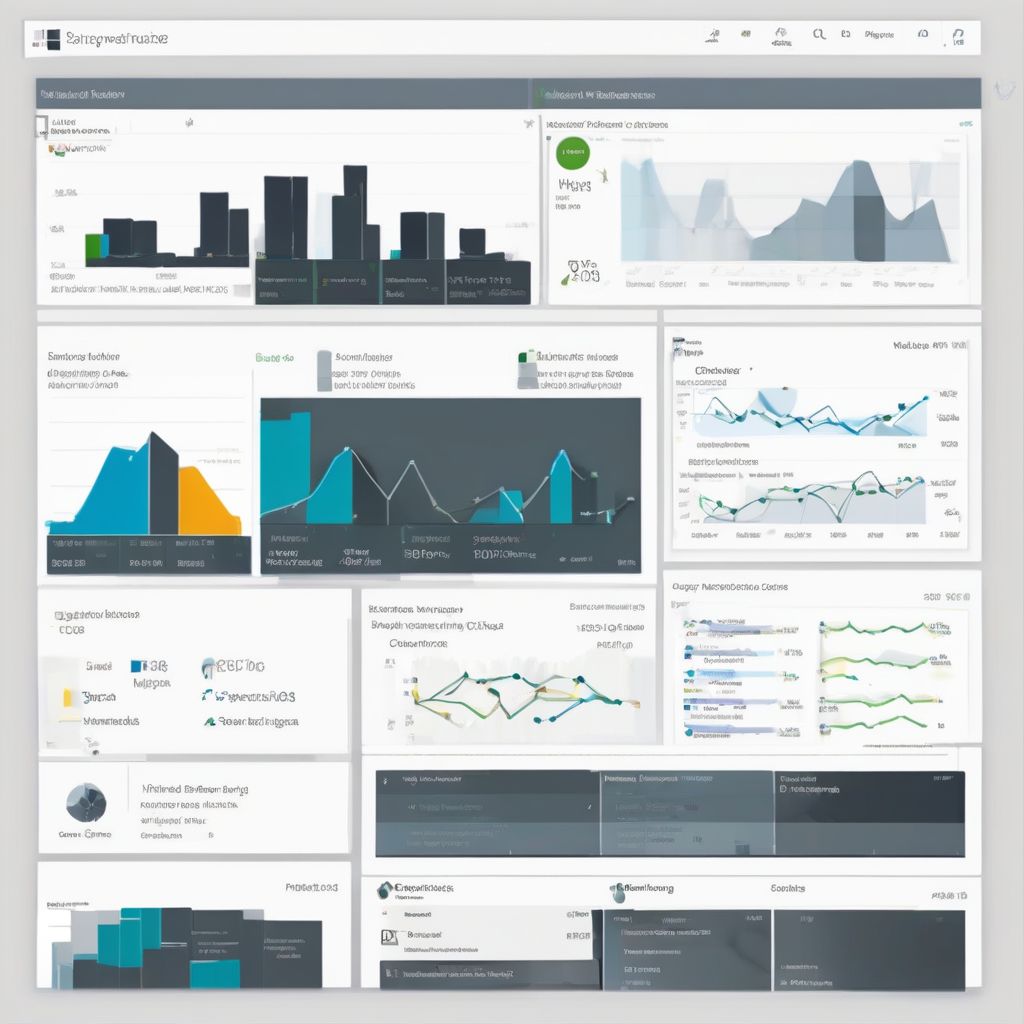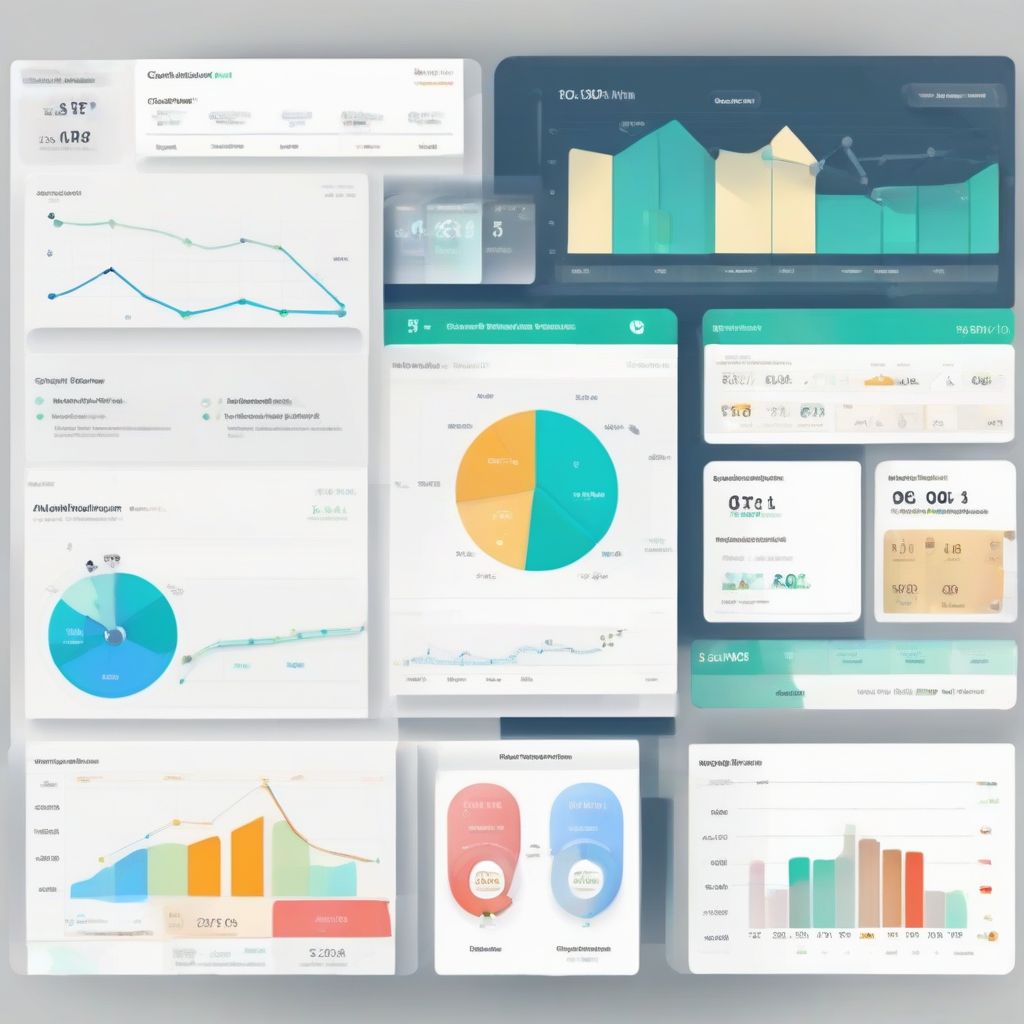Running a small business is no small feat. Between managing customer relationships, tracking leads, and analyzing sales data, it’s easy to feel overwhelmed. That’s where Customer Relationship Management (CRM) software comes in. Choosing the best CRM for your small business can streamline your operations, improve customer satisfaction, and ultimately, fuel your growth.
Understanding “Best CRM for Small Business”
When we talk about the “Best Crm For A Small Business,” we’re not looking for a one-size-fits-all solution. The ideal CRM aligns with your business needs, budget, and future goals. This means understanding your specific challenges and identifying the features that will have the biggest impact on your success.
Why is a CRM Important for Small Businesses?
Think of a CRM as your centralized business command center. It helps you:
- Organize and manage your contacts: Keep track of every interaction, from initial contact to sales history, in one place.
- Improve customer relationships: Personalize communication, anticipate needs, and build lasting connections.
- Boost sales and marketing effectiveness: Track leads, analyze campaigns, and identify new opportunities.
- Automate tedious tasks: Focus on what matters by automating tasks like email marketing and follow-ups.
Common Questions When Choosing the Best CRM for Small Business
The search for the perfect CRM can feel daunting. Here are some common questions small business owners ask:
- What features do I really need?
- How much does a CRM cost?
- Is it easy to use and implement?
- Will it integrate with my existing tools?
- What kind of customer support is offered?
Key Features to Consider
Not all CRMs are created equal. Look for these features to maximize your investment:
- Contact Management: Easily add, update, and segment your contact lists.
- Sales Pipeline Management: Visualize and track leads as they progress through the sales funnel.
- Marketing Automation: Streamline email campaigns, landing pages, and lead nurturing.
- Reporting and Analytics: Gain valuable insights from data on sales performance, marketing ROI, and customer behavior.
- Integrations: Connect seamlessly with tools you already use, like email providers, accounting software, and social media platforms.
Finding the Right Fit: Factors to Consider
Choosing the best CRM for your small business is a strategic decision. Consider these factors:
- Business Size and Industry: Some CRMs cater to specific industries or business sizes.
- Budget: Prices can vary widely. Determine your budget and explore options within that range.
- Ease of Use: A user-friendly interface is crucial, especially for small teams.
- Customer Support: Look for responsive and helpful customer support to assist you along the way.
Conclusion
Investing in the best CRM for your small business is an investment in your future success. By centralizing data, automating tasks, and deepening customer relationships, you can free up time and resources to focus on what matters most: growing your business.




